1. Egyptian Pharaohs and the Secret of the Afterlife
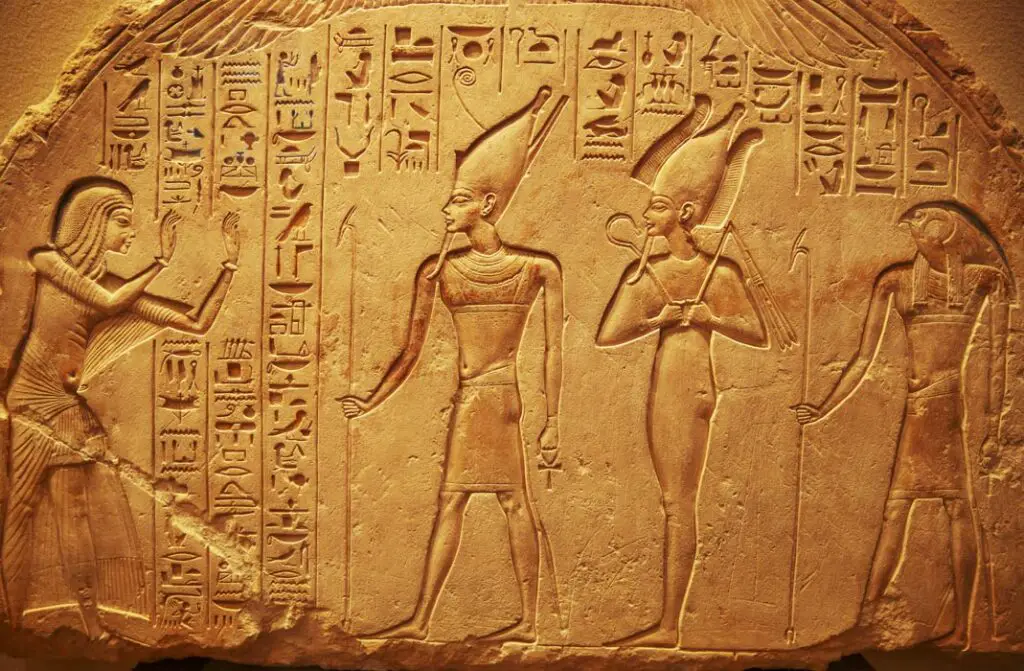
The ancient Egyptians believed that the journey to the afterlife was a perilous one, and their pharaohs performed secret rituals to ensure safe passage. These ceremonies, often held in the dead of night, were conducted by high priests and priestesses who chanted sacred prayers and invoked the gods to protect the ruler’s soul. The most notable of these was the “Opening of the Mouth” ritual, where the king’s statues were ‘brought to life’ symbolically so they could accompany him in the afterlife. This rite was so secretive that few were allowed to witness it, even those closest to the royal family.
Behind the scenes, there were other lesser-known rites that were equally important. Pharaohs would often secretly undergo purification rituals, using sacred oils and anointing their bodies to cleanse themselves of earthly impurities. These rites were believed to strengthen the pharaoh’s divine connection, preparing them for their inevitable return to the gods. The secrecy was vital; the knowledge of these rituals was closely guarded, passed down only to those chosen by the royal family to serve in these sacred duties.
2. Mesopotamian Kings and the Annual Sacred Marriage
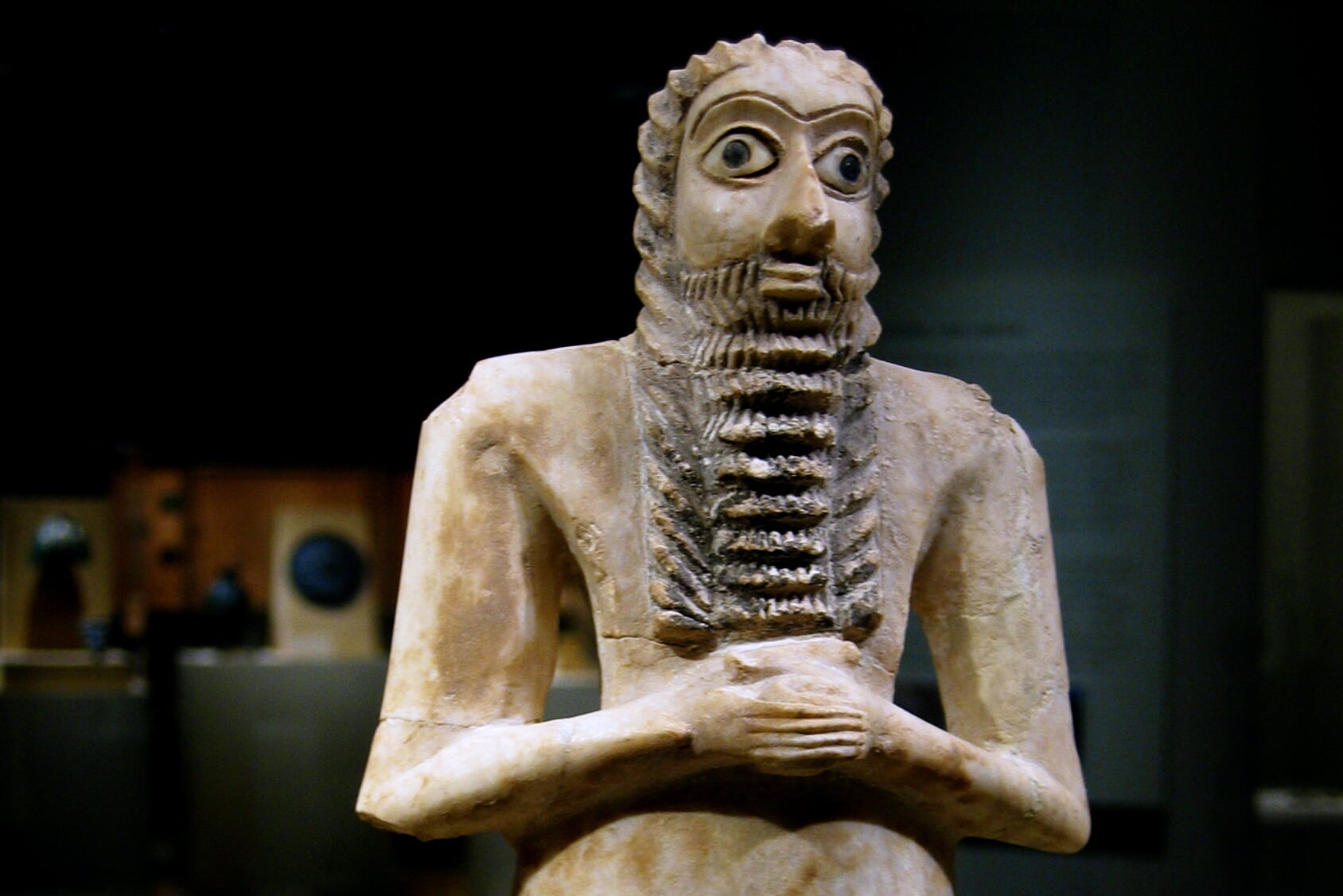
In ancient Mesopotamia, kings participated in an elaborate ritual known as the Sacred Marriage, believed to be the divine union of the king with a goddess to ensure fertility and prosperity for the land. This ritual, however, was not a public affair—it took place in secrecy, and only those involved were allowed to know the full extent of the ceremonial proceedings. The king would often dress as a god, and the high priestess would embody the goddess, performing sacred acts designed to secure divine favor.
The details of the Sacred Marriage were shrouded in mystery, but it was said to occur annually, with the king and priestess engaging in acts of symbolic intimacy to invoke the gods’ blessings. These rites had an enormous significance for the kingdom’s prosperity, as they were believed to influence the agricultural cycles, ensuring good harvests and fertility of the land. Those who were not part of the royal inner circle knew little of the specifics, and the secrecy surrounding it only added to its mystique.
3. The Forbidden Rituals of the Chinese Empress Dowager
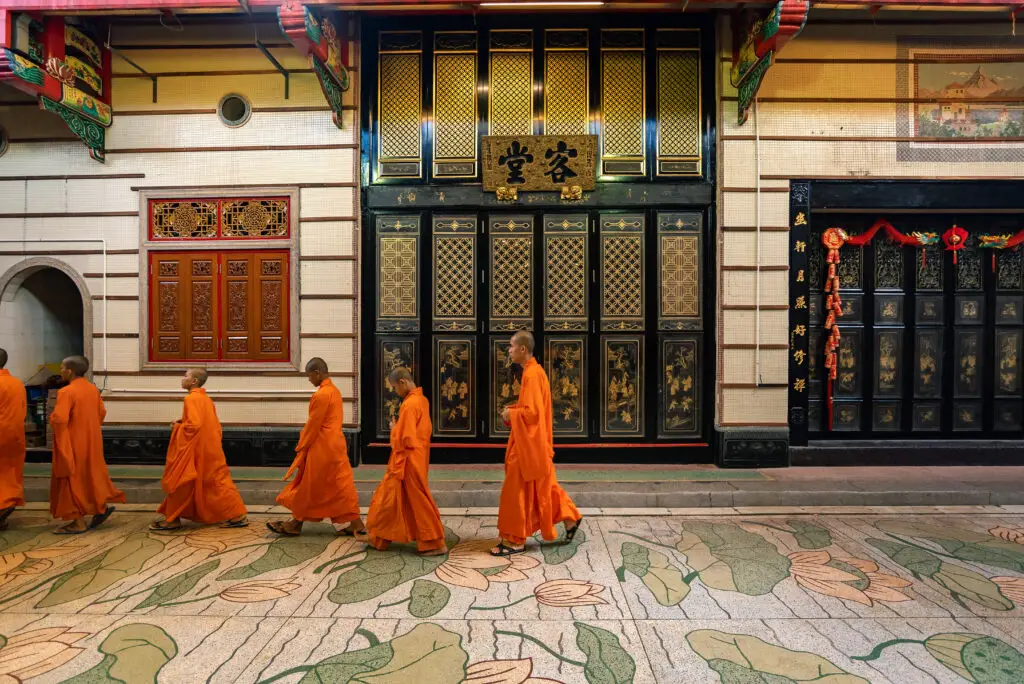
The Empress Dowagers of China held unparalleled power behind the throne, but their influence extended far beyond politics. In private, they performed secretive rituals to maintain their power and influence over the empire. These ceremonies often involved invoking ancestral spirits and making offerings to the gods, performed in hidden temples within the palace grounds. The rituals were meant to reinforce the Dowager’s divine right to rule and to protect her from any threats to her reign.
One of the most closely guarded secrets was the “Night of the Ancestors,” a sacred ritual in which the Dowager would enter a secluded chamber with a select group of spiritual advisors. Here, she would communicate with the spirits of past rulers, seeking their guidance and blessing. The details of this night were passed on only through generations of loyal servants and advisors, ensuring that no outsider could uncover the full extent of the Dowager’s power and authority.
4. The Royal Bloodletting of the Aztecs

In Aztec society, bloodletting was a powerful and deeply sacred ritual performed by royalty to honor the gods. This ritual was meant to maintain cosmic order and ensure that the sun would continue its journey across the sky. Kings and queens, as part of their divine role, would offer their own blood in a highly secretive ceremony performed behind closed doors. The royal family believed their blood was sacred, and offering it to the gods could bring prosperity to the empire.
The process was meticulous and often painful; a king might pierce his tongue or genitals with thorns or other sharp instruments, then allow his blood to flow into sacred vessels. This ritual was so sacred that only a select few were allowed to witness it. While the common people were aware of the bloodletting, the specific details of the rituals performed by the royals were hidden from public view to maintain the sacred nature of the act.
5. The Roman Emperor’s Midnight Rituals
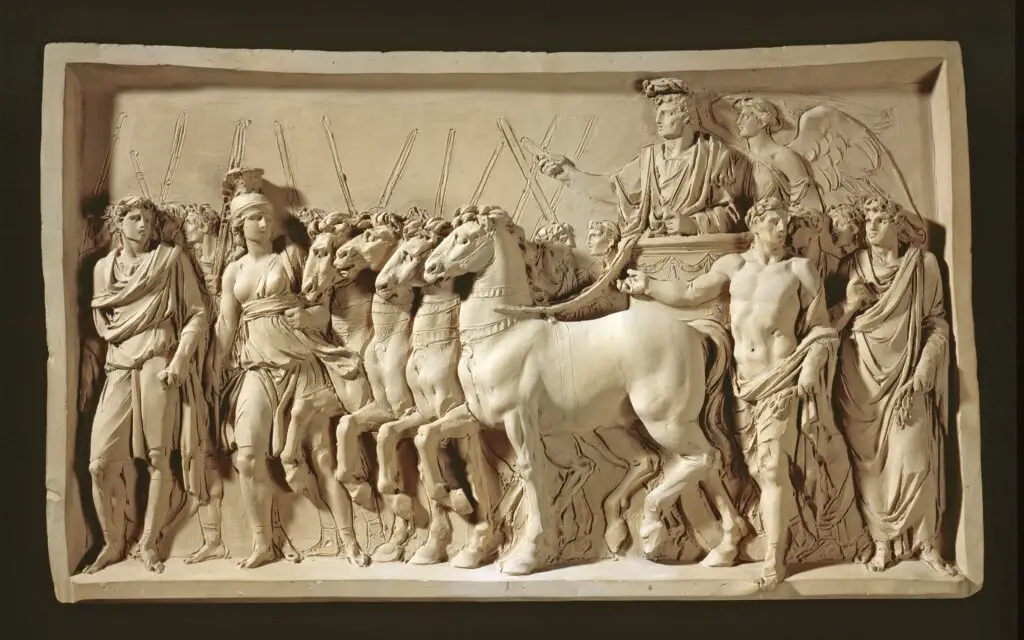
Roman emperors had numerous rituals they performed in secret to protect their power and ensure the favor of the gods. One of the most enigmatic was the midnight ritual known as the “Sacrificium Imaginum,” where the emperor would privately offer sacrifices to his deified predecessors. These sacrifices, often made in dark, secluded temples, were intended to strengthen the emperor’s connection to the divine lineage of past rulers. It was believed that by honoring these spirits, the emperor would be assured of their protection and guidance.
The ceremonies were highly guarded, and only trusted servants were permitted entry. The emperor would pray for victory in battle, success in political maneuvering, and protection against treason. These midnight rites ensured the emperor’s position was eternally linked to the divine, cementing his authority in the eyes of both the gods and his subjects. To outsiders, these acts were little more than rumor, as the secrecy surrounding them was paramount to their perceived power.
6. The Vedic Kings’ Secret Fire Rituals
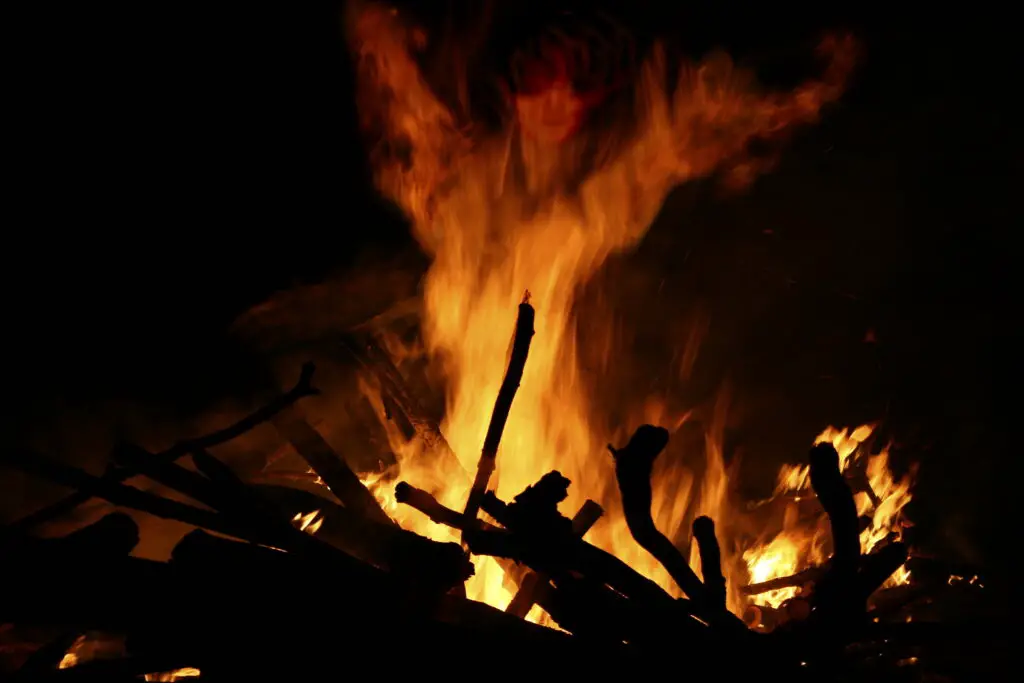
In ancient India, Vedic kings were said to perform highly secretive fire rituals known as “Yajnas” to ensure the prosperity and protection of their kingdom. These rituals were designed to honor the gods, especially Agni, the god of fire, who was believed to carry offerings to the heavens. The king, dressed in royal regalia, would perform the ritual in a sacred, enclosed space where no one else could see him or the sacred fire.
These Yajnas were more than just ceremonies; they were believed to bestow divine favor on the king, ensuring his rule was strong and that the land would be fertile. The rituals required intense preparation and were often performed in complete silence, with chants that only the king and his appointed priests understood. By keeping the sacred knowledge of these fire rituals confined to a select few, the Vedic kings maintained an aura of mysticism and divine right that reinforced their royal stature.
